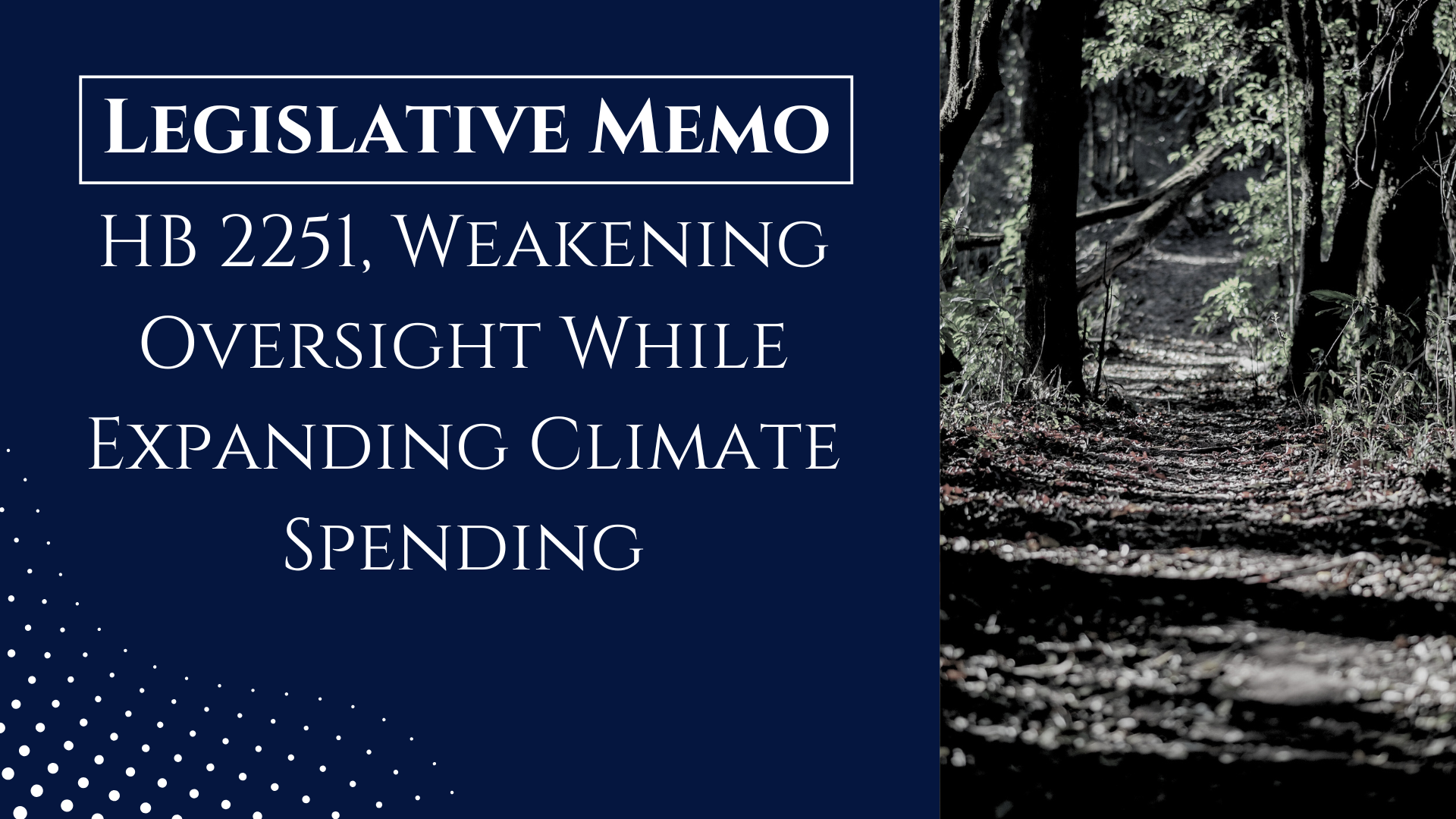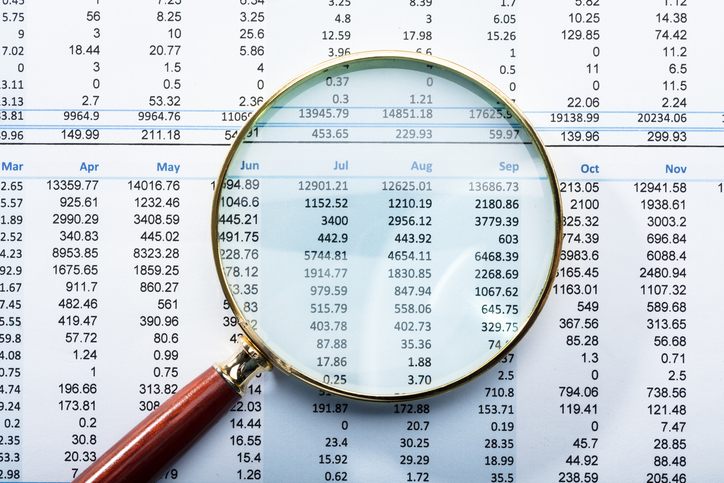Originally, I wrote this to highlight the latest intentionally deceptive messaging about the impact of the new climate law on gas prices. But it has become a story about how people who call themselves policymakers and public servants aren’t focusing on policy or serving the public.
After everything that has occurred in the last year, the Inslee Administration and Ecology staff still claim, “We continue to believe that the projections in the final regulatory analysis represent the best available understanding of the impacts” of the climate law.
The spin has changed repeatedly since January. First, denying prices would go up much (if at all). Next, claiming the price increased due to world events. Then claiming it wasn’t the tax that was increasing prices, but oil company greed (that stopped at Washington’s borders). Now, claiming that the price increase really isn’t that much and in the long run, they will still be right.
They hope that people will grow tired of the story. How many times can one write about the latest denial of responsibility for the impact of a policy that was literally designed to increase prices? I certainly am tired of it. I’d much rather talk about changing the policy so it reduces CO2 emissions without doing serious harm to the economy and families (we have already done this here, for example). But the Inslee Administration still sees denial as the best political strategy.
As long as dishonesty is driving the discussion about Washington’s climate law, we will keep writing about it. Hopefully in the near future, accountability from the public and the media will encourage the Inslee Administration to address the policy rather than play politics.
Staff at the Department of Ecology have again changed their story on the impact of the state’s tax on CO2 emissions on the price of gasoline and natural gas.
Even as the Washington State Utilities Commission admits the state’s climate policy, known as the Climate Commitment Act (CCA), is increasing natural gas prices - the governor, his press secretary, and staff at the Department of Ecology continue to distract and mislead the public from the consequences of their own policy.
A ![]() letter from Ecology Director Laura Watson demonstrates how the Inslee Administration is intentionally misleading legislators and the public about the cost of this program.
letter from Ecology Director Laura Watson demonstrates how the Inslee Administration is intentionally misleading legislators and the public about the cost of this program.
Last year, State Senator Shelly Short asked Department of Ecology staff to estimate the impact of the state’s new tax on CO2 emissions on gasoline, natural gas, and electricity. One year later, Sen. Short asked Ecology staff if they stood by their estimates in the ![]() previous letter. The response, signed by Watson herself, is evasive and revealing.
previous letter. The response, signed by Watson herself, is evasive and revealing.
Contradiction on CO2 price
For example, the two Ecology letters directly contradict each other on the estimated price of CO2 allowances in the program.
In the original 2022 letter, Ecology’s Air Program Manager Kathy Taylor estimated the average price of allowances would be $41 per metric ton in 2023, calling this “the most credible and likely number to use as a forecasted price.”
Director Watson’s 2023 letter takes a very different tone. Ignoring the claim in the first letter, she notes that the economic modeling looked at three scenarios, saying “allowance prices might range from a high of $68…to a low of approximately $41 per allowance, with a mid-range of approximately $58.” She went on to say that the rulemaking for the CCA “used an estimated $58.31 allowance price in 2023.”
What was the “most credible” in 2022 became just one estimate Ecology staff considered in 2023. Watson does not acknowledge that Ecology’s initial position had been that a much lower $41 was the “most credible” and likely cost, nor that it has turned out to be badly incorrect. In the last auction of allowances, the price was $63.03 – 50 percent higher than their 2022 estimate.
Shifting the story on gas prices
The 2023 letter plays similar games with the impact on gas prices.
Watson writes, “Ecology estimated [in 2022] the cap-and-invest regulations would increase retail transportation fuel prices by 1-3%.”
This projection was always suspect. She neglects to mention that the 1-3% range in their original estimate covers the period of 2030 to 2050. It does not cover 2023, which is what the 2022 letter falsely claimed. Ironically, Ecology’s own web page currently says something different. In the “Economic impacts of Washington’s climate policies” section, Ecology staff says, “we expect the overall economic impact of the cap-and-invest program to be 1% to 3%” (emphasis added). The director and agency staff can’t seem to get on the same page about whether the study focuses on "retail transportation fuel prices” or “overall economic impact” – two very different things.
Additionally, instead of the standard approach of calculating the impact of taxes on a product by adding them to the price – as is done when calculating the impact of sales or gas taxes – the analysis ran the impact through an economic model. This is a needlessly complex and inaccurate way to calculate the impact on a particular sector. By way of contrast, Ecology’s analysis of the price impact of the low-carbon fuel standard applies the cost of compliance directly to the price of gasoline – the approach favored by California and other energy analysts.
Watson’s letter goes on to admit that the impact has been much greater than a 1-3% increase, which translates to 5 cents per gallon. She writes that between January 1 and August 31, 2023, “the average retail price of unleaded gas in Washington rose by about $1.27 per gallon, according to AAA data.” This is significantly higher than Ecology’s initial estimate. By way of comparison, she said, Oregon’s prices rose about $1.03 per gallon, or 24 cents per gallon less than Washington’s. Her numbers appear to be off. Perhaps it is a typo, but gas prices in Washington state rose about $1.37 according to AAA and Gasbuddy data. That means prices have increased about 34 cents per gallon more than Oregon since the CCA took effect on Jan. 1.
Watson’s letter states that “a large majority of the increase in Washington gas prices in 2023 cannot be attributed to the cap-and-invest program…” In other words, Ecology argues, “Yes, the CO2 tax is increasing prices, but so are other things.” Considering Ecology staff and the governor claimed the increase would be small to nothing, this isn’t much of a defense.
Ultimately, the public doesn’t care whether the tax on CO2 accounts for all or only some of the increase in gas prices. The question is how much impact the tax itself is having. The Ecology Director now admits it is greater than her agency previously claimed.
Misrepresenting the impact on natural gas prices
Ecology staff play similar word games when it comes to the impact of the tax on natural gas prices.
In the 2022 letter, Ecology staff claimed increasing taxes would cause the price of natural gas to “decrease by about 1 percent.” The Washington State Utilities and Transportation Commission (UTC) demonstrated this was wrong when it approved a price increase for natural gas heating due to the CCA’s tax.
In the new letter, Director Watson continues to claim the tax will “lead to a net decrease in natural gas costs of 1.56% through 2030.” Once again, where the previous letter claimed that would occur in 2023, the new letter now claims those estimates are actually for 2030.
While acknowledging the UTC’s ruling, Watson’s letter still claims that natural gas prices will decline “over time,” and that “it is not yet clear what the longer-term” impacts will be. She concludes that, “We continue to believe that the projections in the final regulatory analysis represent the best available understanding of the impacts of the cap-and-invest program on natural gas prices.”
Ecology staff clearly recognize that their 2022 letter and projections did not age well. Rather than admitting error and honestly addressing the problems, they are simply re-writing history and further eroding public trust.
During the past year, as economic projections have been released and the costs of the state’s climate policy have become apparent, statements from Ecology staff have been consistently inaccurate and misleading. This latest letter continues that trend, reassuring legislators, the media and the public that we cannot trust the state’s projections of the future.






